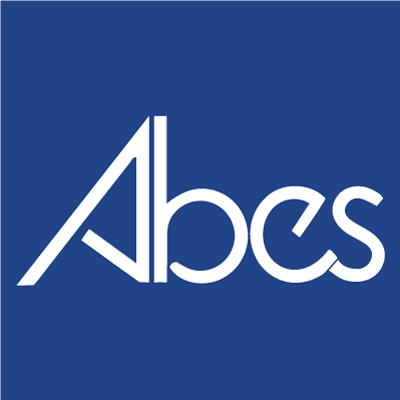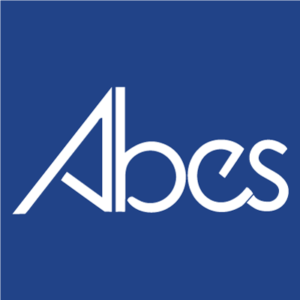Thinking about going back to school? If you’re deciding between fast, job-focused training or a longer academic path, then you need to know the differences between Alberta’s career colleges and traditional university options. Whether you’re a newcomer to Canada, changing careers, or fresh out of high school, this guide will help you weigh factors like time commitment, cost, and job readiness to choose the best option for your future.
What Are Career Colleges?
In Alberta, career colleges focus on practical, hands-on training for specific industries. Programs are often shorter in duration, ranging from several months to two years, and emphasize real-world skills to prepare students for immediate employment.
These institutions cater to sectors like healthcare, law, business, and marketing. Vocational programs typically arise to meet industry demands, offering certifications or diplomas that quickly open doors to job opportunities.
Alternatively, traditional universities offer a more broad-based academic experience. Programs typically last four years, leading to a degree. These institutions are designed to provide students with a deep theoretical understanding of their field of study and often include opportunities for research and internships.
Time Commitments and Flexibility
One major difference between the two options is time commitment. Career colleges generally offer accelerated programs, allowing students to complete their training in less time than it would take to earn a degree at a traditional university. This can be particularly appealing for career changers or those looking to enter the workforce quickly.
Schedules tend to be more flexible than that of universities as well, with night course options, distance learning and weekend classes. Career colleges cater to a wider range of individuals, including mature students with families. Universities can be attended by anyone of any age, but they are most popular among young adults fresh out of high school. Programs are much longer as well, starting with four-year degrees.
Costs and Financial Aid
The costs of attending career colleges versus traditional universities in Alberta can vary significantly. Traditional universities often come with higher tuition overall, but fees are subsidized for domestic students in Canada. They also offer a wide range of financial aid options, including scholarships, bursaries, and government loans.
Career colleges tend to have lower tuition due to their shorter program durations, making them a cost-effective option for students looking to minimize student debt. Additionally, many career colleges offer flexible payment plans and are eligible for financial aid options, similar to universities.
Career Outcomes and Job Readiness
When it comes to career outcomes, career colleges often boast higher rates of job placement soon after graduation. This is due to the highly specialized nature of their programs, which are designed to meet the immediate needs of industries such as healthcare, business, and marketing. Students can enter the workforce quickly, often within a year or two of starting their program. Many programs involve practicum placements as well.
Traditional universities, while providing a broad foundation of knowledge, may not offer the same level of job readiness right after graduation. However, university graduates often have the opportunity to pursue more advanced careers that may require higher levels of education, such as engineering, law, or medicine.
Which Path is Right for You?
It really depends on what you’re looking for and your goals. If you’re a newcomer to Canada looking for quick entry into the workforce, a career changer seeking practical skills, or a new graduate interested in a specialized field, career colleges can offer the fast, targeted training you need. If you want a long-term academic investment with a wide range of career possibilities, including research or teaching, traditional universities may be the better fit.
Summary
| Career Colleges | Traditional Universities | |
| Program Length | Short (months to 2 years) | Long (4 years or more) |
| Focus | Practical job training | Broad academic education |
| Flexibility | Flexible schedules (nights, weekends) | Less flexible (set semesters) |
| Cost | Lower tuition | Higher tuition, more financial aid |
| Job Readiness | Quick entry into workforce | May need more schooling for some jobs |
| Career Options | Specific industries (healthcare, business) | Wider range, including advanced careers |
| Best For | Career changers, newcomers, mature students | High school grads, long-term academics |
Start Your Path with ABES College
For those seeking specialized training in healthcare, ABES College offers programs tailored to Alberta’s workforce needs. Whether you’re changing careers or new to the province, ABES offers the opportunities you need. Contact our admissions team today to learn more!


